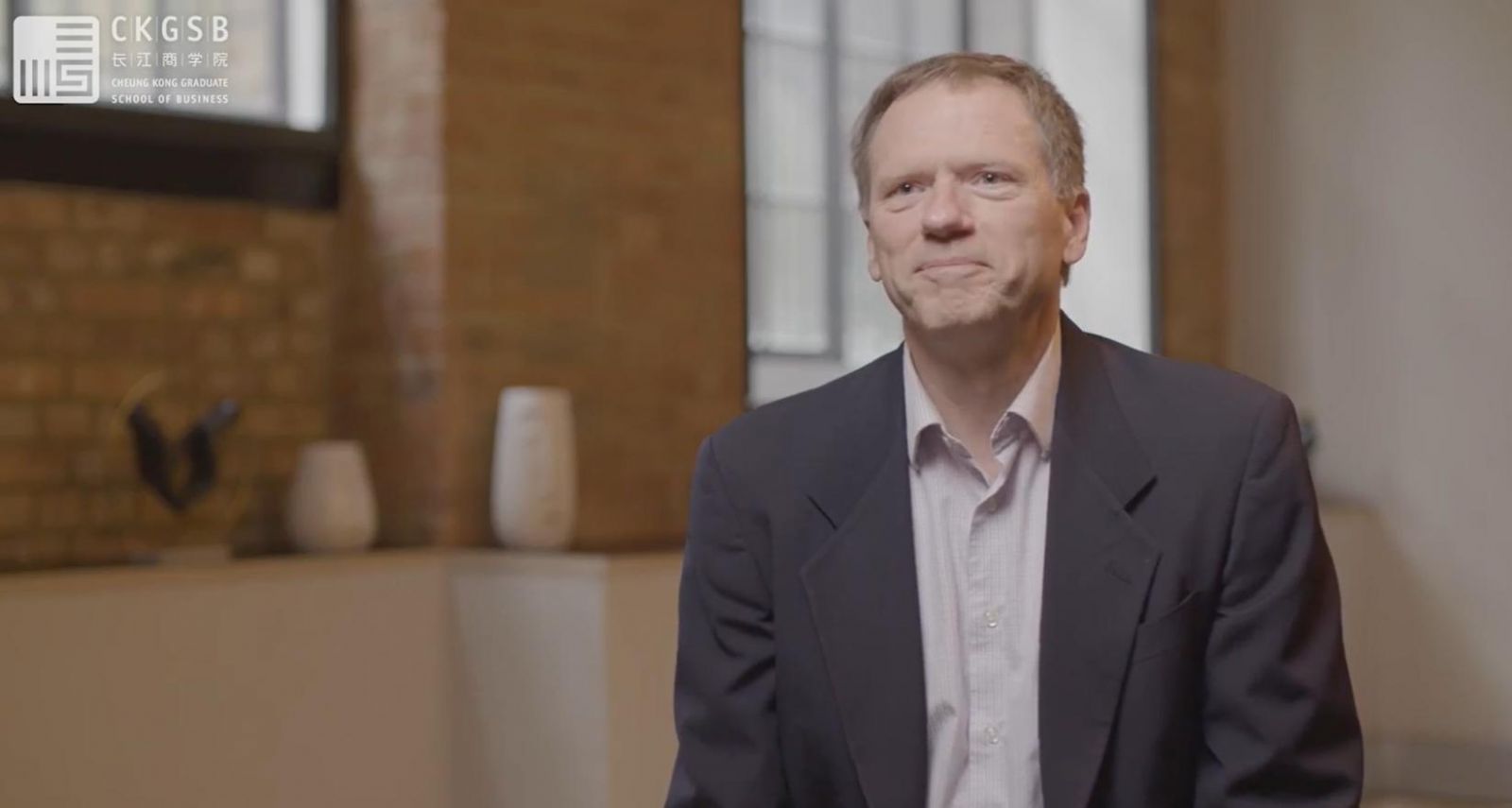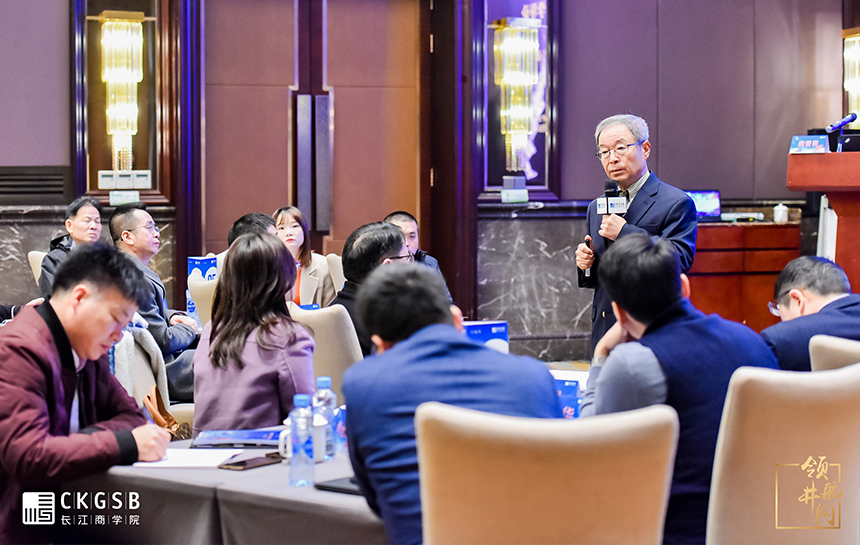Understanding ESG is crucial for today’s business leaders, and schools like CKGSB are doing their part to equip students with sustainable business insights
Tackling social and environmental issues has not always been a top priority for business. However, there is now an ongoing shift in focus toward sustainable business, and companies need leaders who can help them have a more positive impact.
As consumers and investors alike become more aware of the problems that big business can cause, they often hold companies to a higher ethical standard.
The Harvard Business Review CEO rankings reflect this. In 2015, the rankings started to account for environmental, social, and governance performance. These are the three central factors used to measure the sustainability and societal impact of a company.
“I think this is a good indicator of how society in general is judging companies,” explains Juliet Zhu, professor of marketing at the Cheung Kong Graduate School of Business (CKGSB), and director of the school’s Social Innovation and Brand Research Center.
“What gets measured, gets done,” she adds. During the coronavirus outbreak, too, interest in ESG seems to be increasing, she notes. According to Juliet, business schools are well-placed to help leaders develop their ESG skillset.
Shaping a sustainable mindset
Because schools like CKGSB attract CEOs and other high-level executives, the ESG skills taught there can have an immediate impact on the organizations that students work with.
“These are leaders who set the strategy,” Juliet observes “It’s very important to help them develop their vision and direction.”
With this goal in mind, CKGSB offers tuition scholarships to candidates with NGO and social enterprise backgrounds, helping them to access MBA and Executive MBA programs.
“This creates a big plus for our classroom dynamic,” Juliet reflects. Students with business and non-business backgrounds can learn a lot from one another, she says.
“When they interact, they can develop really creative ideas on how to make business more sustainable, and for the benefit of all,” Juliet explains.
To encourage this kind of cross-functional creativity, each EMBA student at CKGSB must complete 48 hours of voluntary work before they can graduate.
Under Juliet’s guidance, the Executive MBA program at CKGSB also became the first of its kind to incorporate a compulsory ESG module in 2018.
During this course, students examine Chinese companies that have managed to improve their social and environmental impact.
Hoping to make the insights she gathered more accessible, Juliet has incorporated these case studies into a new book.
A new approach to sustainable business
In Companies of the Future: A Three-step Approach for Sustainable Business, Juliet outlines how companies can become more sustainable.
“The idea is that any company, big or small, can follow this three-step approach and try to do their part,” she explains.
The first step is to develop a strong set of values, which aim to benefit a company’s stakeholders rather than simply focusing on profit.
“This should be more than a slogan,” Juliet emphasizes. “You need to really instill your values into your strategies, products, and everyday business operations.”
With these values established, the next step is for companies to uncover the intersection between their business, and a social or environmental issue.
“If you are a steel and iron company, for example, one issue clearly tied to your business is pollution,” says Juliet. This company might ask themselves how they can renovate the production line to reduce pollution, or recycle their water.
Finding solutions to issues like these usually means working creatively, and considering your company’s long-term impact.
The final stage is to implement these ideas in a practical way.
“You need to have clear rules, and a clear play book, so these values can be delivered and achieved,” Juliet advises.

Sustainability in action
The Wuzhen Tourism Co is one good example of an organization following these steps in China, Juliet believes.
In 1999, the company coordinated a $5.2 million redevelopment project in Wuzhen, a small town about two hours outside of Shanghai.
Colloquially known as the “Venice of the East,” this historic town grew around a vibrant silk and textile trade in the 17th century. In the wake of China’s rapid industrialization, though, Wuzhen fell into poverty and disrepair.
Since redevelopment, it has become a famous tourist destination, known for hosting the annual World Internet Conference.
While undertaking this vast renovation project, the company considered social issues carefully.
“They thought about how local people could benefit from the development, how they could respect the local culture, and how the project could be made sustainable,” Juliet explains.
This meant creating more than 8,000 jobs for local people, restoring buildings in the local style, and implementing strict health and safety standards for stores and restaurants.
Despite the closure of these outlets due to coronavirus, no employees in Wuzhen have been laid off, demonstrating the company’s commitment to the well-being of the town rather than profit alone.
“It’s remarkable how their management system supports their value system,” Juliet comments.
By bringing cases like this to light, Juliet hopes her book, and her classes at CKGSB, will equip more of China’s business leaders with the tools and mindset they need to tackle social and environmental issues.
This article was originally published on BusinessBecause.



















